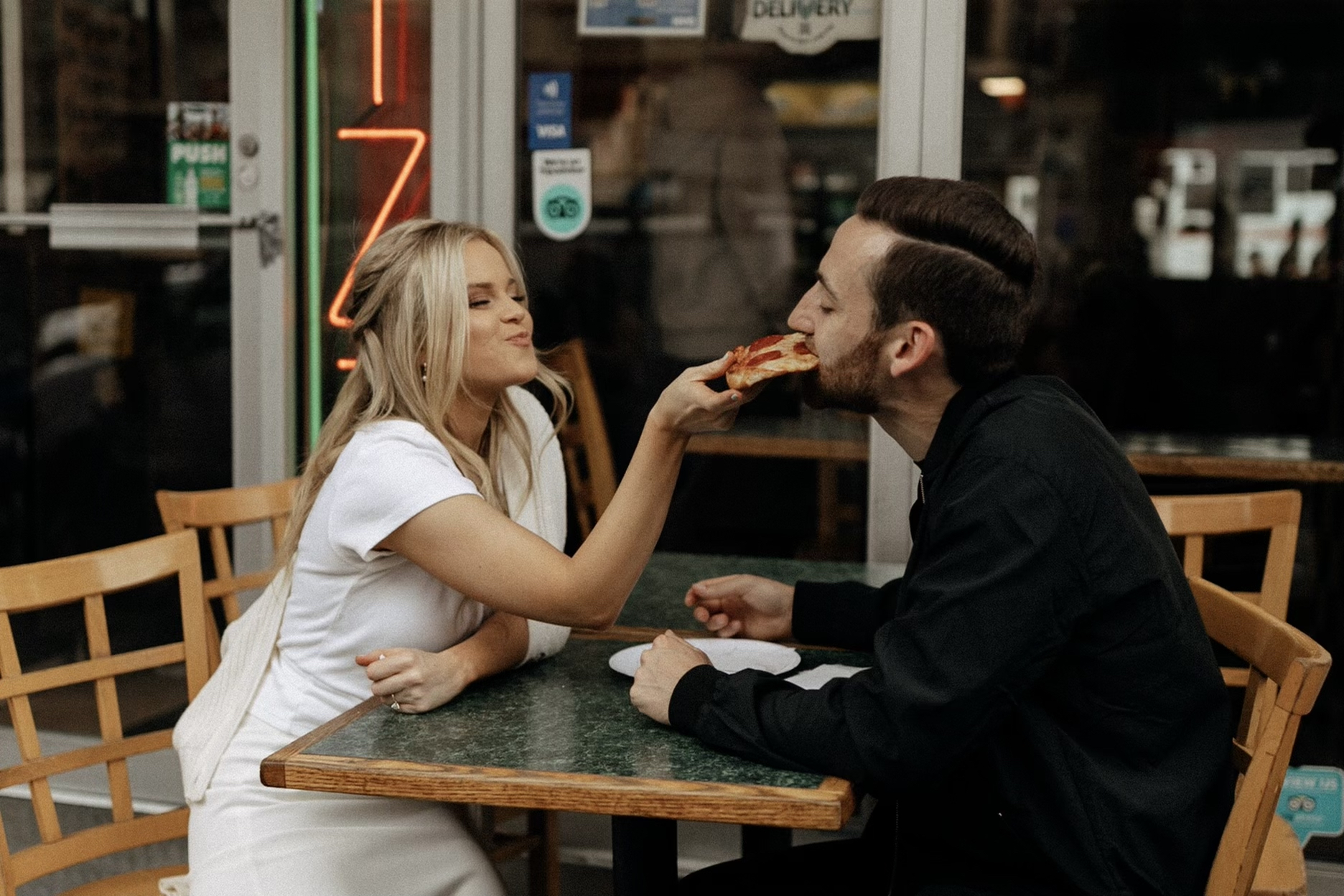Begin Again: Fueling My Body
People often tell me that I’m vulnerable for sharing my journey back to dance, but if I’m honest, nothing I’ve shared so far has felt all that vulnerable.
That is, until now.
Today we are talking about nutrition. An emotionally charged subject for most dancers, including myself. When I was young my dance teacher said I could do anything in the dance industry, so long as I kept my weight down. It was a thought that festered throughout my adolescence, and was later inflamed by the artistic director of my first professional dance job saying, “I love everything about you, you’re perfect for my company, but I need you to lose 10 pounds.”
Needless to say, my view of my body and the way I went about trying to alter it was not exactly healthy.
But then I got sick, and I was so inflamed that every part of me was as swollen as a bad sprained ankle. It didn’t matter what I ate or how I exercised, I had no control over my size.
For a long time it was agony—my worst nightmare coming true. But, eventually, it all became less important. There were pressing things to consider, like alleviating physical pain, falling in love, finding a way to live despite my circumstances. During that time I won some hard-earned battles against society and dance culture, and eventually saw myself as more than just a body of a certain size.
So you can imagine the concern I’ve felt returning to rooms where people talk about their latest diets, as teachers compliment them on how thin they are, and I stare directly into the mirror. I have a long life to live, and I don’t want my energy to revolve around restricting and shrinking myself. Still, I recognize there are some holes in my nutrition. I’ve been feeling shaky, and need some help fueling my body so I can stay energized and focused for long hours of class and rehearsal.
So, I reached out to Rachel Fine, a registered dietitian nutritionist who specializes in dancer health and wellness. I’d seen her videos on YouTube, read her thoughts in various Dance Magazine articles, and loved her balanced, science-based perspective.

We hopped on a video call for an interview and she shared an incredible trove of information. I highly recommend watching the full interview on Dance Magazine’s YouTube channel. Here are a few of her recommendations:
- When it comes to nutrition advice, make sure you’re relying on a registered dietitian.
“We are licensed to understand the research and translate it in a way that makes sense and doesn’t become something where food is feared,” Rachel says.
Note: According to Rachel, the word “nutritionist” is not a regulated term. Anyone can claim the title. Make sure you are working with a registered dietitian nutritionist specifically, so you can feel confident the advice you’re getting is supported by research.
- Avoid the temptation to label foods as good or bad. Instead, seek out what Fine calls “food neutrality.”
“The tools I provide my dancers with are food neutrality, food flexibility, and resilience to societal messages. Diet culture likes to glorify some foods and demonize others. When we do this, we don’t end up eating foods that are deemed ‘healthy foods’ and feel great about it. Instead, we feel a lot of food guilt. Nutrition information can guide our choices, but it should never dictate our choices.”
- Here’s what food neutrality looks like in action:
“If I’m walking into a two-hour rehearsal, I need energy to last,” she says. “I love sweets, but I’m not sure they’re going to serve me right now. I’m going to save that for when I have 15 minutes left in the rehearsal and I need a quick pick-me-up. For now, I will choose the option that is more nutrient-dense with a little bit more fiber to help me feel more energized for the longer bout of dancing. I’m not choosing it because candy is bad and fruit is good. I’m choosing it to fit my current needs.”
- Not all of your food needs to be super–nutrient-dense.
“Your dessert doesn’t have to be this fibrous, nutrient-dense, protein superstar,” she says. “Dessert can just be fun when you want it to be fun. The role of nutrition in food for physical health is huge, but food can support us emotionally and mentally, too.”
- Dancers need carbs!
“Dancers work at such an intense level, we need more carbohydrates,” she says. “The baseline for carbs within diet culture is set way too low. If your energy is not up to par in class, the first thing I am going to look at is, are you getting enough carbohydrates?”
Rachel’s wisdom went far beyond these five recommendations, and I’m excited to apply her advice in my own life. To discover more of her work, check out her websites dancenutrition.com and pointenutrition.com, and find her on Instagram and TikTok.
Thank you again for following along! Until next time!




